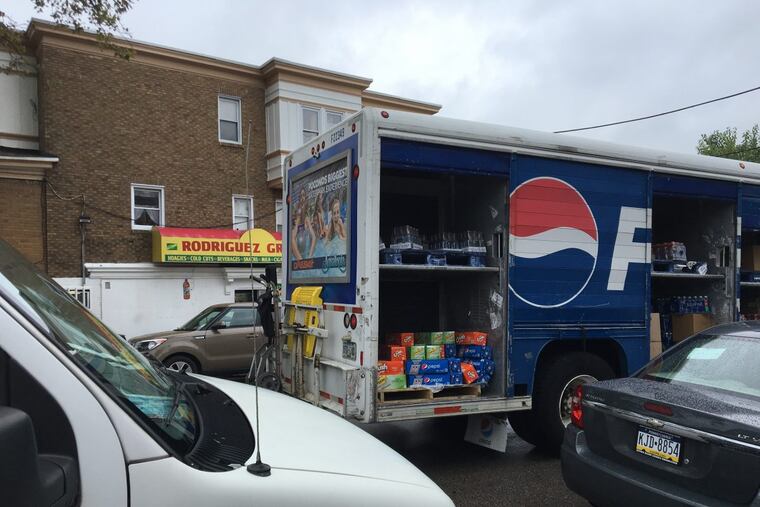Philadelphia’s soda tax added jobs thanks to increased funding for child care, a new study says
The Rutgers study took a macroeconomic approach in an attempt to look at the ripple effects of the tax, and not just its impact on directly affected industries.

Philadelphia’s tax on sugary beverages likely created 800 to 1,350 jobs in the city before the pandemic, in part by increasing funding for child-care services that freed up parents in low-income families to enter the labor force, a new study found.
Previous studies on the tax, Mayor Jim Kenney’s signature legislative accomplishment, and the first so-called “soda tax” to be enacted by a large U.S. city, looked at narrow questions such as its impact on the beverage distribution industry or whether it led to a decrease in the consumption of unhealthy beverages.
The study, by the National Institute for Early Education Research at Rutgers University, took a macroeconomic approach on the tax and the programs it funded. Its goal was to look at the ripple effects of the levy, and not just its impact on directly affected industries.
» READ MORE: City Council voted to study the Philly soda tax. Can another study add anything? (from March 2019)
Revenue from the 1.5-cents-per-ounce tax funds prekindergarten programs, the community schools program, and Rebuild, a city initiative to improve neighborhood recreation centers.
The study’s findings are not likely to be accepted out of hand by the tax’s opponents, who lobbied City Council against two previous attempts to pass a soda tax before Kenney ultimately prevailed in 2016. The opponents have since produced reports detailing negative effects of the levy, such as a decrease in soda sales inside Philadelphia but increases at stores just outside the city. And the Rutgers results also don’t take into account the pandemic.
“The author of this study admits that it is unclear how many jobs the tax created, but it is crystal clear how many it cost – hundreds of workers in grocery stores, restaurants, bottling operations and trucker’s unions lost good-paying jobs,” Anthony Campisi, spokesperson for the Ax the Philly Bev Tax coalition, said in a statement. “The tax is especially harmful because it continues to impact families who can least afford it and local businesses who are trying to recover from the pandemic.”
Michael L. Lahr, a public policy professor at Rutgers and the study’s primary author, said he expected to see that the tax had a positive effect on the city’s economy once researchers looked at the impact of improved access to child care. But he didn’t expect to find that there was even a small net employment increase of 216 jobs without taking parental employment into account, thanks largely to jobs growing faster in childcare and government than they fell in the beverage industry.
“If you just look at the tax, well, that does hurt the people [in the distribution industry] who were complaining, and we agree with them,” Lahr said. “On the other hand, if you look at the day-care [industry jobs], well, that starts looking a little equal.”
And after adding in the increased workforce participation, things look “very rosy,” Lahr said.
The prospects may be even brighter in the long run, Lahr said, because children who gained access to subsidized early education programs thanks to the soda tax are likely to have more successful futures, although the study did not address that question.
“Probably the situation for the poorer households is much better off than we’re stating,” he said.